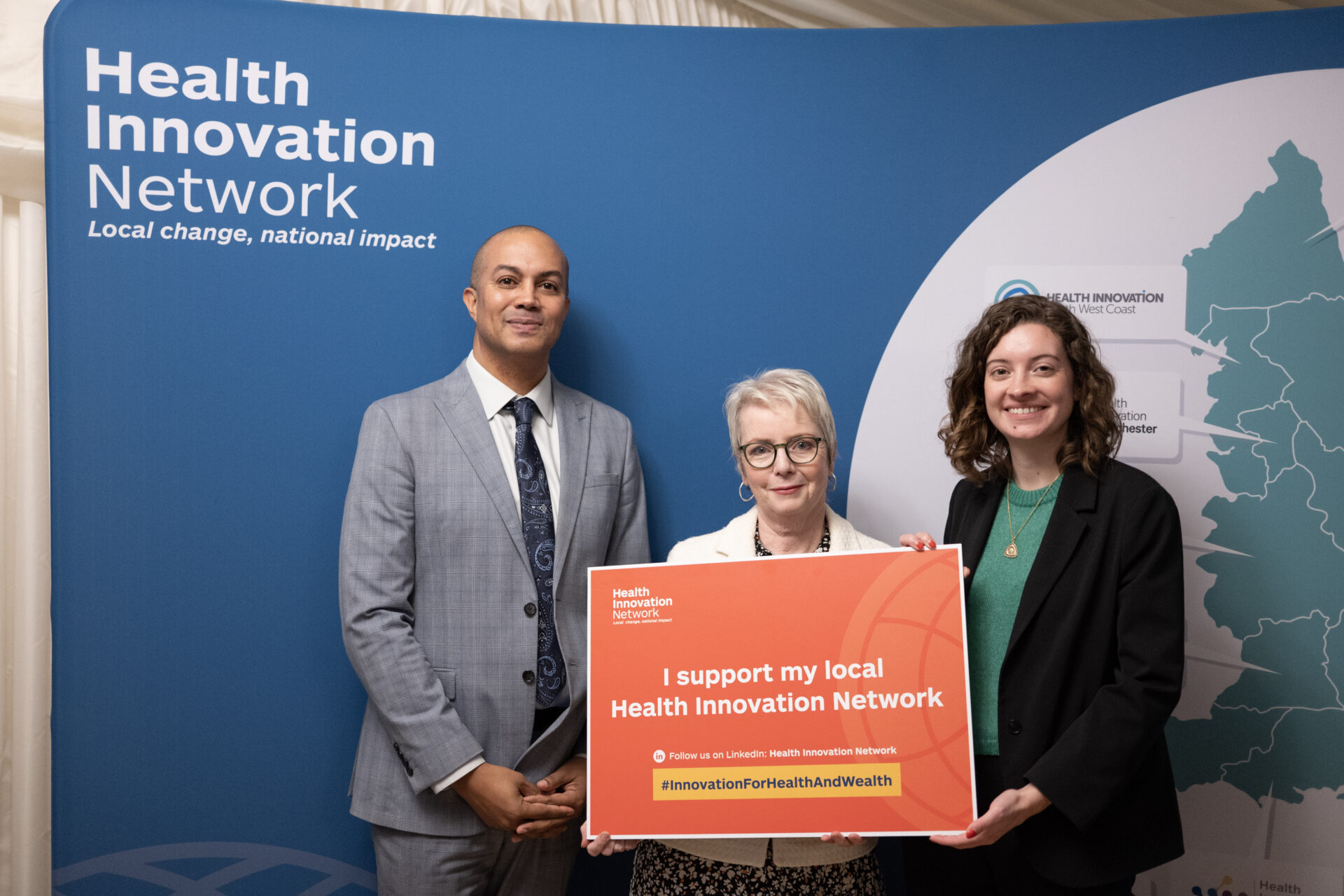A new report reveals that the AHSN Network has benefited more than 480,000 patients and attracted £455 million of investment for the UK economy between April 2021-end of March 2022.
The AHSN Network has released its Impact Report for 2021-22. The report summarises work undertaken by England’s 15 AHSNs on national initiatives and areas of work over the last year. This includes work on innovation programmes commissioned by NHS England and NHS Improvement to improve ADHD diagnosis for children; increase early intervention for those with eating disorders; enhance the prevention and management of cardiovascular disease; and transform asthma care pathways – resulting in more than 480,000 patients benefiting.
By working with health and care organisations across the country to adopt innovation, the AHSNs have contributed to improved patient experience and better patient outcomes.
A young person who benefited from the use of First episode Rapid Early intervention for Eating Disorders (FREED), supported by the AHSNs, said: “I would say going to treatment actually saved my life. I was told by my doctor that I wouldn’t have made it through my 20s if I carried on in the way I was acting, so I think early intervention of eating disorders is so crucial.”
They are just one of 1,000 additional people receiving tailored specialist care this year through this collaborative programme.
The AHSNs are uniquely placed to collaborate across all sectors with a role in health innovation, transformation, and improvement. This includes working with health and care innovators to discover, develop and deploy innovations that answer NHS and social care challenges and priorities. In 2021-22, the AHSNs supported 2,438 companies with innovative health and care products and solutions. As a result of this support, £455 million of investment has been leveraged, and more than 1,800 jobs have been either created or protected.
AHSNs host the 15 Patient Safety Collaboratives (PSCs) across England. Commissioned by NHS England and NHS Improvement, the PSCs are vital delivery agents of the National Patient Safety Improvement Programmes. With a focus on quality improvement and culture, the PSCs enhance patient safety by supporting staff to learn and continue to improve. Over the last year, the PSC’s focus has been managing deterioration in care homes; maternal and neonatal safety; mental health safety; medicines safety; and systems safety.
Work to support managing deterioration in care homes has resulted in a 216% increase in care homes using a deterioration management tool, with 58% of care homes in England now testing or have implemented a deterioration management tool.
Gary Ford, Chair of the AHSN Network and Chief Executive of Oxford AHSN said: “2021-22 has been pivotal for the AHSNs and the AHSN Network. While we are still supporting our health and care systems with the recovery from the pandemic, we have undertaken work to set out our vision and strategy and refine our processes to ensure we can meet our collective ambition to transform as many lives as possible through more rapid uptake of high value innovation in health and care.
“I’d like to thank all my colleagues from across the Network and our partners for their continued support this year. We know that team working is key to health system transformation and our achievements are only possible together.”
Read the AHSN Network 2021-22 impact report .

The Health Innovation Network is delighted to announce the launch of Innovation Insights, a brand-new webinar series designed to highlight the latest in health innovation, offering attendees valuable insights into the adoption and spread of innovation within the health and care landscape. Each interactive webinar will feature: Expert presentations: Delivered by thought leaders across [...]

The Health Innovation Network, at an event sponsored by Sarah Coombes MP, brought together parliamentarians including Health Minister Karin Smyth MP and Chair of the Science, Innovation and Technology Committee, Chi Onwurah MP to meet with six innovators supported by health innovation networks across the country and their NHS partners. At the Meet the Innovators: [...]

The need for fast-paced innovation in healthcare is widely acknowledged. And ensuring that healthcare innovation is shaped by the people it serves remains a pressing priority – one made all the more evident by the growing emphasis on health equity in the 10 Year Health Plan. Patient voices are often cited as central to healthcare [...]








